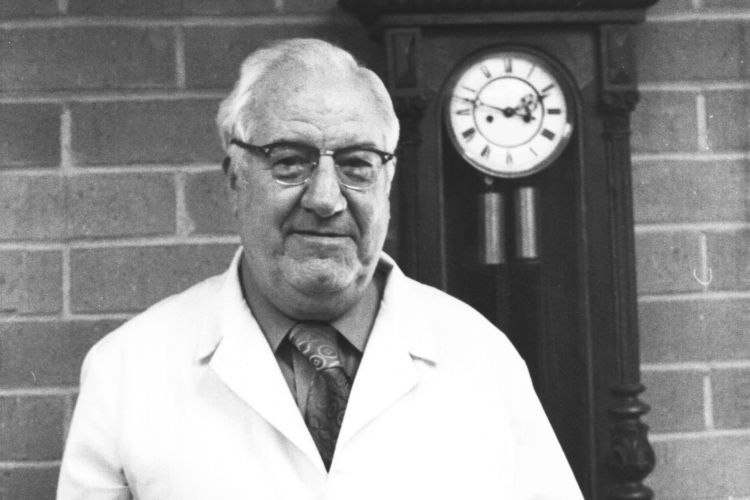Breadcrumb
Expert advice on choosing clean beauty products

When looking for personal care products that are gentler on the skin — and the environment — one may seek out products that are promoted as “clean.” But what lies behind this claim?
“Clean beauty is a term commonly used in the beauty industry, with each company having its own definition and standards,” said Yen Nguyen ’13, PharmD. “Although there is no standardized regulation, clean beauty can generally be understood as products that prioritize safer and more sustainable ingredients while avoiding those that are potentially harmful to human health and the environment.”
Dr. Nguyen is a drug information pharmacist at VeganMed, where she conducts research and develops content for the organization’s animal-free certification program. Co-founded by Sachin A. Shah, PharmD, FACC, FAHA, professor of pharmacy practice and regional coordinator for the Travis region, VeganMed is a group of pharmacists and professionals who support transparent product labeling and promote companies that make a conscious effort to avoid using animal-derived ingredients.
Minimizing exposure to harmful ingredients reduces the risks of adverse reactions.
“Many times, seemingly harmless chemicals can have serious consequences,” said Sundeep S. Gill ’00, PharmD, co-founder of Sun Deep Cosmetics, a prestigious and progressive private label manufacturer of natural and organic personal care and over-the-counter products.
Both Sun Deep Cosmetics and VeganMed advocate for ingredient transparency because they are passionate about empowering consumers to make informed decisions about the products they use.
“The benefits of clean products are their increased safety profile, the use of only essential ingredients and transparent labeling,” said Frank Son ’16, PharmD, medical scientist at VeganMed. Dr. Son leads research on medications, supplements and cosmetics to build a database of animal-free products. He also serves as an Advanced Pharmacy Practice Experience preceptor for doctor of pharmacy (PharmD) students.
3,619 reasons to opt for fragrance free
Fragrances are trade-secret formulas, and the Food and Drug Administration does not require product labels to specify the ingredients in a product’s fragrance. The 2022 edition of the International Fragrance Association’s transparency list includes 3,619 ingredients. To avoid unpleasant or harmful side effects, EWG recommends choosing fragrance-free products.
“Clean products often use safer and more sustainable alternatives that are more gentle on the skin. Additionally, they promote ingredient transparency, empowering consumers to make informed decisions about the products they use.”
- Yen Nguyen ’13, PharmD
The alumni say the comprehensive training they received in Pacific’s PharmD program prepared them for their roles.
“As a pharmacist, my role goes beyond just prescription drugs; it includes over-the-counter products, supplements, beauty and other health products, such as medical devices,” Dr. Son said. “Some patients, for example patients with alpha-gal syndrome, can have an allergy to animal ingredients in any product and it is within the role of a pharmacist to help them identify animal-free products.”
The cosmetic industry is vast and complex.
“My career in the cosmetic industry, during which we have pioneered many of the natural technologies and trends you see in the industry today, wouldn’t have been possible without the extremely good foundation I was able to obtain during my training as a pharmacist,” Dr. Gill said.
His PharmD education has been integral for being able to process expansive information, which, in turn, has given him the “the insight and foresight to create a major change in this industry through ingredient awareness, such as raising awareness of the dangers of parabens.”
Lengthy lists of potentially harmful ingredients can be overwhelming for consumers.
“While there is no standardized certification mark for clean beauty, other certifications, such as USDA Organic, Leaping Bunny, Vegan and Animal-Free, can indicate that a product meets certain standards,” Dr. Nguyen said.
The Environmental Working Group (EWG), an independent non-profit advocacy group, has a user-friendly resource. EWG’s Healthy Living app helps consumers review products by searching the database or scanning a product’s barcode.
“Consumers can also utilize resources like VeganMed who research and provide free medication, supplement and cosmetic information to consumers that come directly from the manufacturer,” said Dr. Son.





